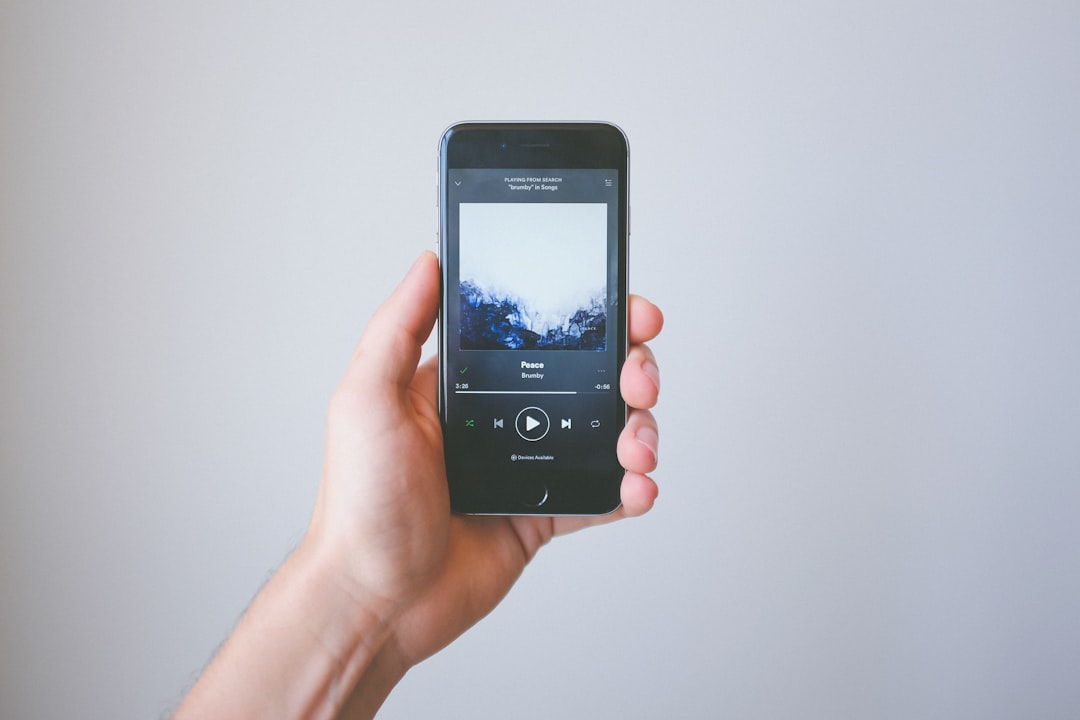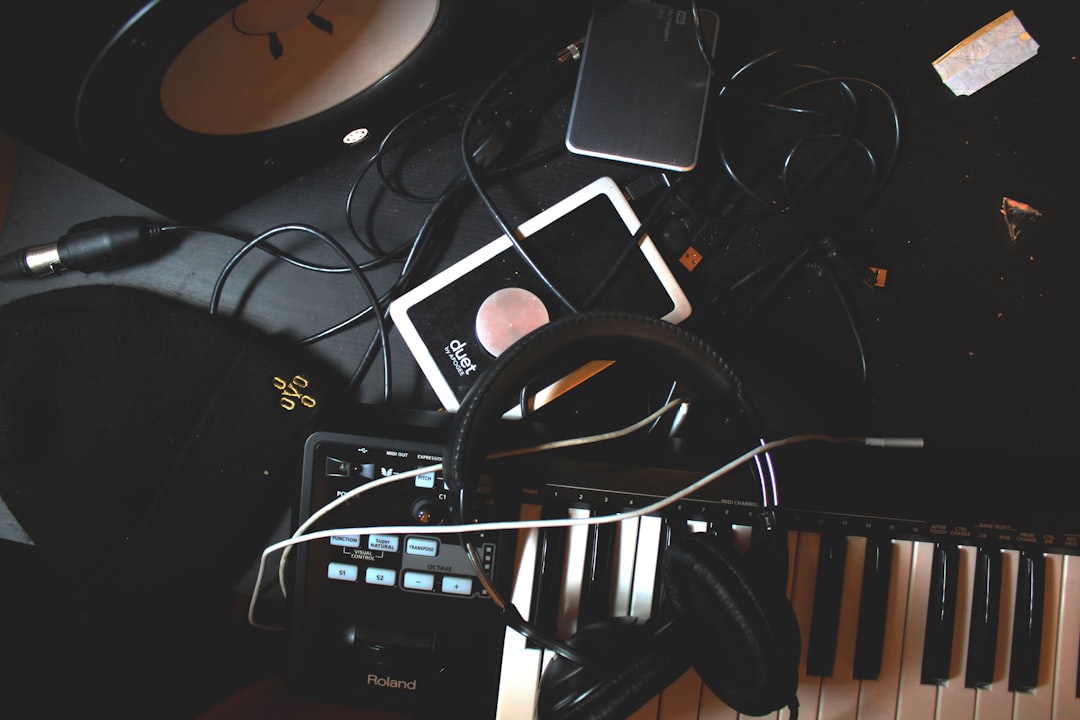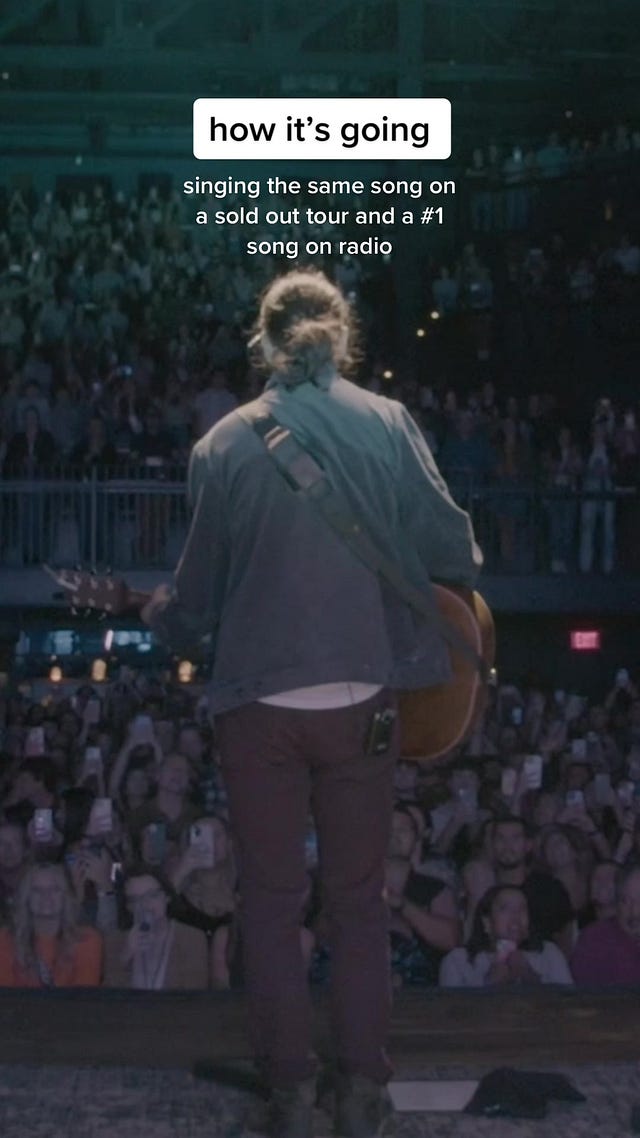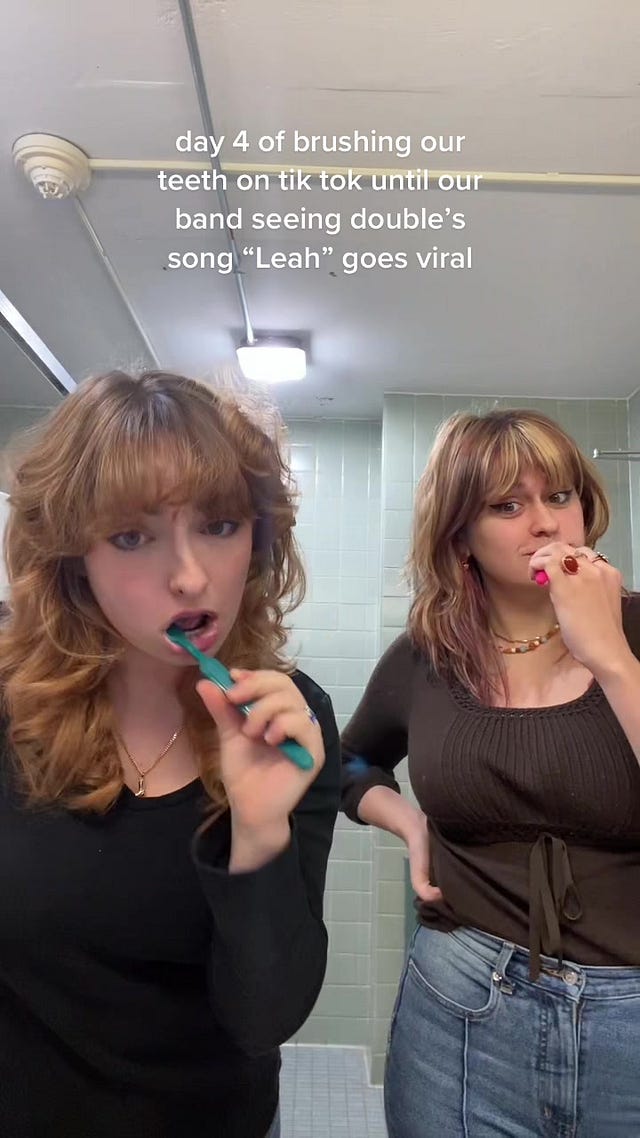What is "TikTokification" and what does it do to music we love?
Ethel Cain, Lizzy McAlpine, the 1975, Fleetwood Mac are just a few alleged victims

For more music analyses and artist spotlights, subscribe to my weekly music newsletter published every Wednesday
The World Wide Web has a new word: TikTokification.
But what does it mean?
I’ve been seeing “TikTokification” thrown around a lot on the internet, especially Twitter, without much consistency. When referring to social media platforms, say, the “TikTokification of Spotify,” it usually means to make a platform more TikTok-like, with short-form content and a scroll feature resembling the “For You Page.”


You can find the definition of TikTokification on Urban Dictionary as “A song that was once amazing is now the worst thanks to TikTok” with “Old Town Road” as an example. Basically, people are using TikTokification to describe an artist or song, usually more underground, becoming popular because of a TikTok trend.
TikTokification: noun —
A piece of once underground art or media becoming popular because of TikTok, usually in a negative light
An app transforming to more closely mirror TikTok in format and algorithm
A quick internet search for this word will yield a plethora of complaints, as fans lament the TikTokification of once-small indie artists, like Ethel Cain, Lizzy McAlpine, or Phoebe Bridgers.
The real question: Is this an actual phenomenon, or is it just indie artists naturally rising in popularity? Maybe the reason we see artists we like appear frequently on our FYP isn’t because they’re trending, but because it’s a for you page. Literally, it’s just our algorithm.
Read More
TikTokification can also refer to older songs, like “Vienna” by Billy Joel, or more recently “Southern Nights” by Glen Campbell, being re-introduced to younger generations because of trends on the app.
I’ve seen a few mentions on Twitter of the “TikTokification” of The 1975, an alternative pop group that’s been topping mainstream charts, especially in the U.K., for a decade now. “Tumblrification” would probably describe the band’s rise to fame more accurately.
Anyways, Follow For More
Insta: @sarah.alessandrini • TikTok: @sarahalessa_ • Spotify: @saraha724
Even if TikTok is introducing younger GenZers to The 1975 or Billy Joel, what harm does this do?
Most of the frustration around the so-called TikTokification of art from a fan’s perspective aligns with a culture of media gatekeeping. Everyone wants to keep the media they love to themselves to appear to have a more refined or niche taste, so much so that they’re actually unhappy when an artist they like starts to achieve mainstream success.
But aside from wanting to appear “indie” or “underground,” fans who followed small artists early in their career feel like they deserve to be rewarded for their loyalty. They’re disappointed that an artist they once saw at a local theater for $10 is now selling out stadiums for $200 a seat.
A good example of a “TikTokified” artist may be folk singer-songwriter Noah Kahan. Kahan has been releasing music since 2017, but grew a more significant following in the last year since his single “Stick Season” also found success with the app’s algorithm, with 25.8K videos under the sound.
When a song goes viral on TikTok, it may be good from a sales perspective, but not always an artistic one. When I spoke with singer songwriter Charlie Burg last month for a story about his spot at this year’s Governor’s Ball, he seemed uneasy at my mention of his viral TikTok song “I don’t wanna be okay without you,” with nearly 11K videos under the sound.
Burg then revealed that he hated his song blowing up on TikTok at first, because he felt he felt it made light of a song he wrote from a vulnerable perspective.
Pop songs have been overplayed on the radio for years to the point even the biggest fans had to stop listening. But TikTok is different in the sense that we’re only hearing a short snippet of a song usually attached to a specific trend.
When a song becomes attached to a trend, the meaning might be lost, which was Burg’s concern. I can’t say how many times I’ve gone back and listened to a song that I only knew because of a trend only to find I actually really enjoyed the song itself. It’s like when a song is overplayed on the radio, and you rediscover it years later and realize it actually did deserve all the hype.
On the other hand, many artists recognize TikTok’s incredible marketing capabilities, especially for music, and are using the app to their advantage. They WANT to be TikTokified.
In 2020, TikTok released its first ever U.S. Year in Music report, in which it identified five artists who signed to major deals after blowing up on the app, including Claire Rosinkranz, Dixie D’Amelio, Powfu, Priscilla Block, and Tai Verdes. One A&R researcher found 65 additional artists left out of this report.
Band’s like Seeing Double grew their following on TikTok after a video of their first single “Leah” went viral. Gayle, whose pop song “abcedfu” blew up on the app, was nominated for a Grammy this year, and is now touring with Taylor Swift.
It’s clear, as much as many in the music industry hate to admit it, TikTok is the new A&R, or “Arts and Repertoire,” the division of a record label in charge of finding new artists to sign. TikTok launched SoundOn, a platform for music marketing on the app last spring, and was reportedly was looking to hire A&R managers.
Regardless of whether the music industry wants to look to TikTok or not, the app is undeniably a great resource for both popular artists and indie artists who don’t necessarily care for a record deal.
TikTok even sent Fleetwood Mac’s “Dreams” back to the top of the charts after more than 40 years. That’s TikTokification at its finest.








